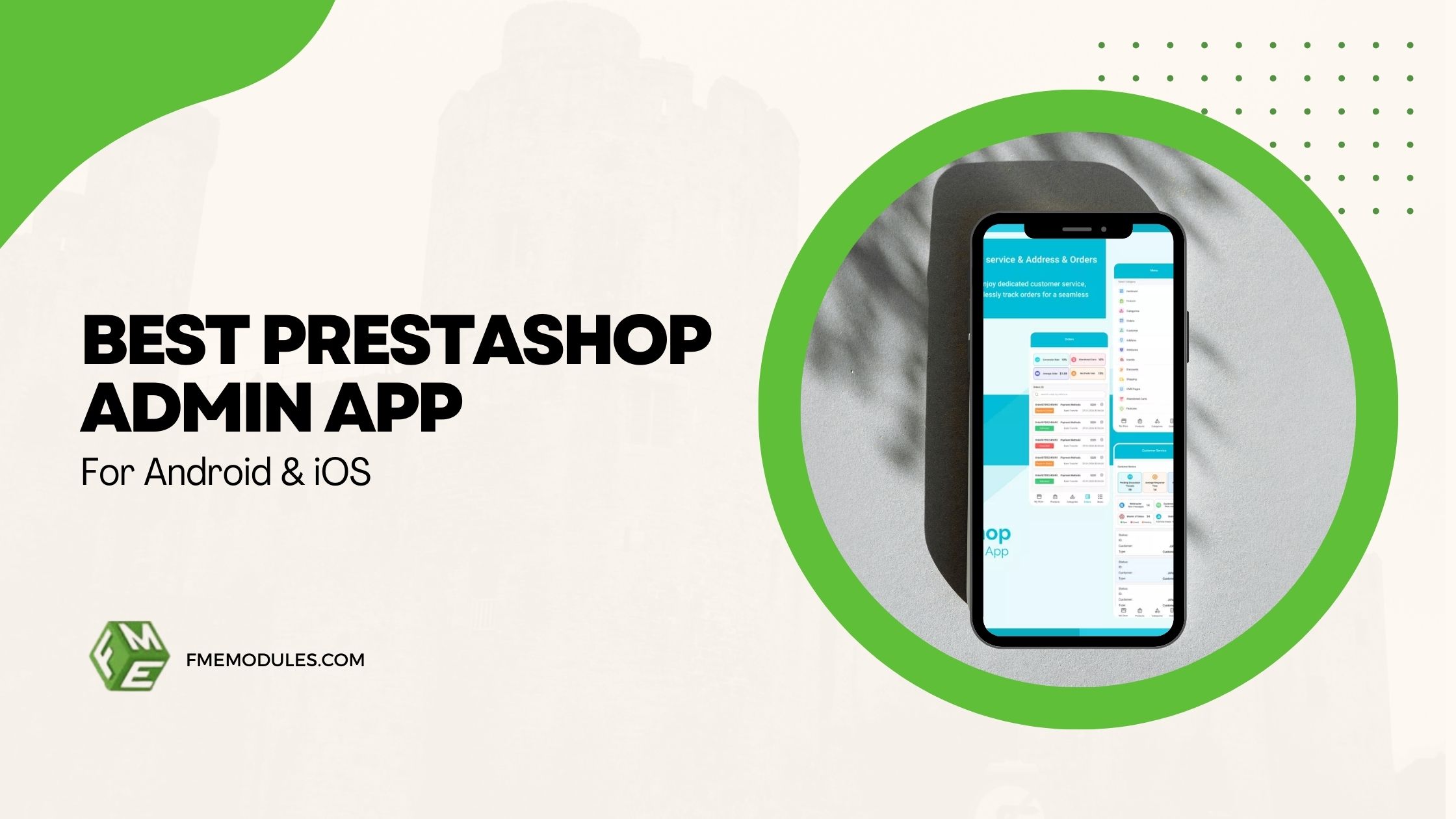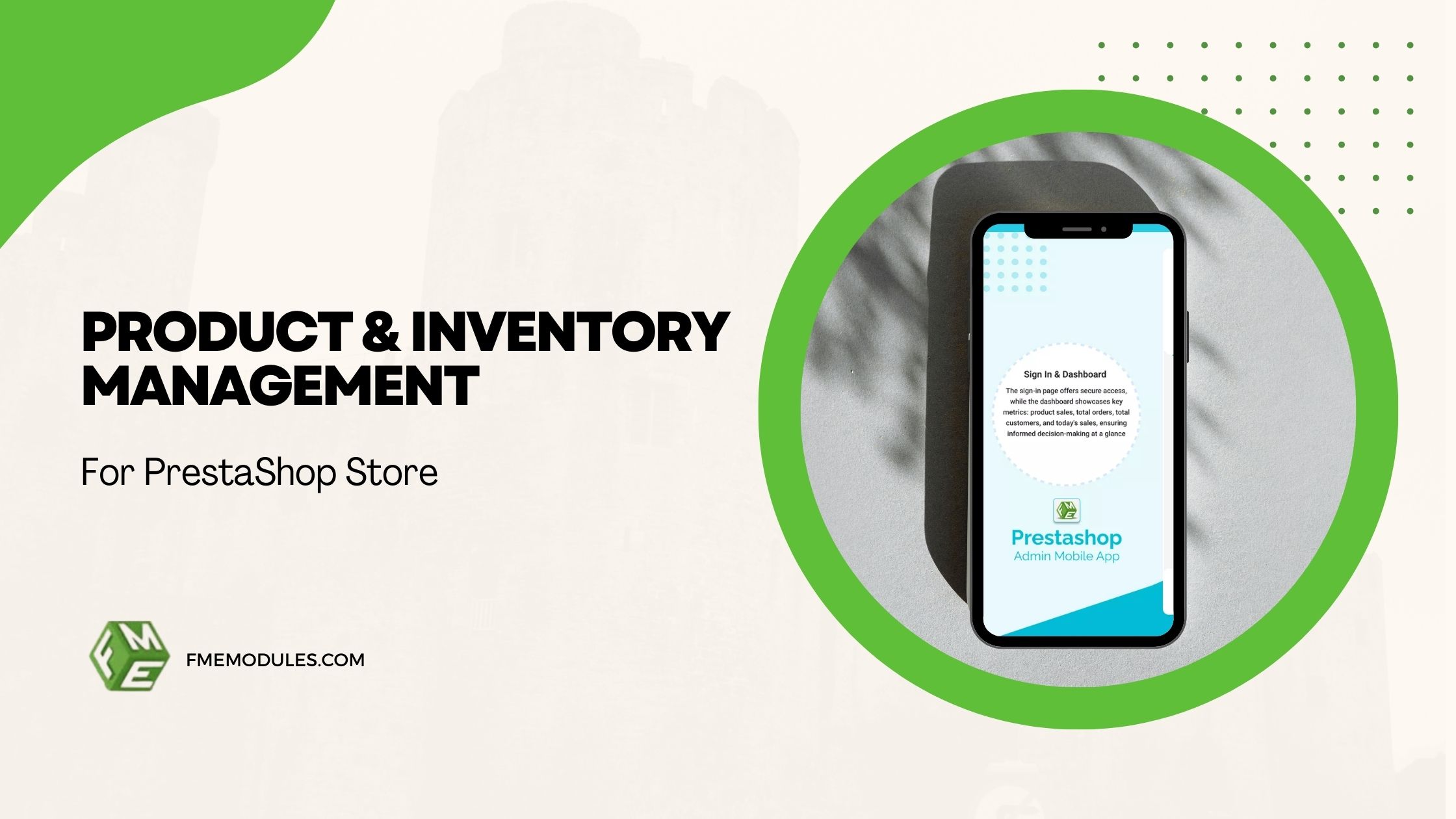3 Ways Field Types are improving the Registration Form
.jpg)
The Default Registration form in PrestaShop does not offer many options. It generally asks for basic details, like your name, email address, and password. For B2B stores, subscription services, or niche shops, this rigidity limits the amount of applicable data that can be gathered during sign-up.
Not to worry, as we have different ways for you to add advanced fields for e-commerce sign-ups so that you can collect the useful data you need.
How to Connect Default Prestashop Attributes to Custom ones?
The PrestaShop merchants must have a PrestaShop module like the FME’s Custom Registration Fields Module to open the possibility of adding custom field types.
Such a module features text, dropdowns, checkboxes, uploads, dates, and more that turn the form into a mechanism for customisation and detailed data collection.
Essential Field Types for Your PrestaShop Registration Form
Knowing when to use each type of field, Presta merchants will be more prepared to create a registration form to collect enough data without sacrificing the UX. Let’s get to know the most popular PrestaShop registration field types, along with the answer to who needs PrestaShop custom registration forms these days.
Text-Based Fields: Inputs for names, addresses, and custom
Text Definition: Standard text inputs where users type free-form data.
Use Cases: Names, company names, referral codes, and custom notes.
Advantages: Flexible, simple, universally recognised.
Disadvantages: Prone to typos and inconsistent data.
PrestaShop Notes: Pair with validation (e.g., regex for phone numbers) to improve accuracy.
Selection Fields: Dropdowns, Multi-Selects for Preferences, and categories
Definition: Predefined lists users select from.
Use Cases: Gender, preferred product category, size, and country.
Advantages: Structured data, easy to analyse.
Disadvantages: Too many options may overwhelm users.
PrestaShop Notes: Multi-language support ensures dropdowns work globally.
Boolean Fields: Checkboxes and Radios for Agreements or Options
Definition: Binary or single-choice inputs.
Use Cases: Accepting terms & conditions, opting into newsletters, choosing subscription type.
Advantages: Clear, easy to complete, good for compliance
Disadvantages: Can feel intrusive if overused.
PrestaShop Notes: Ideal for GDPR-compliant consent collection.
Upload and Media Fields: File Attachments for B2B Documents
Definition: File upload inputs for documents or images.
Use Cases: Uploading VAT certificates, business licenses, resumes, or ID verification. Advantages: Critical for B2B and regulated industries
Disadvantages: Larger files can slow submission; requires storage.
strong>PrestaShop Notes: Back-end permissions and size limits should be configured carefully.
Specialised Fields: Dates, Numbers, Emails, and Passwords
Definition: Inputs tailored to specific formats.
Use Cases: Birthdays, loyalty ID, emails, secure password creation
Advantages: Optimised validation and formatting
Disadvantages: Misconfiguration can frustrate users (e.g., strict date pickers). PrestaShop Notes: Leverage built-in HTML5 input types where possible for better UX
Emerging Types: Hidden Fields and Conditional Options
Definition: Non-visible fields or dynamically revealed fields.
Use Cases: Tracking referral sources or showing extra inputs when a certain option is selected.
Advantages: Smarter data capture without overwhelming the user.
Disadvantages: Requires a bit of thought in order to keep the complicated stuff under control.
PrestaShop Notes: Use modules for better conditional logic capabilities and avoid custom development right from scratch.
Best Practice for Implementing and Validating Field Types
Validation Techniques for PrestaShop custom registration forms are:
- Text Fields: Regex for phone/email type formats, limit characters.
- Dropdowns: Make sure that the word “default” is empty so as to prevent making a wrong selection.
- Checkboxes: Do not have all critical consents (e.g., T&Cs) as optional.
- File Uploads: Limit file size and type for security.
- Dates: Use pickers so users are not overwhelmed by different formats.
Common Implementation Challenges and Solutions
Abandonment rate in forms: When it comes to online form filling, approximately 26% states of the report users leave in frustration because there were too many fields they didn’t want.
Solution: keep it slim and focused.
Over-Requesting: Requesting too much, too early, can ruin trust.
Solution: take the essentials at sign-up, collect more fields later.
Technical mistakes: Non-validated fields might lead to the submission not succeeding. Solution: test on devices and browsers.
Conclusion
PrestaShop Custom registration field types. PrestaShop custom registration field types extension converts your stores into a multi-dimensional type, which is an advanced way to create new fields. Text, selection, media, and conditional fields enable merchants to improve personalisation, compliance, and trust.







